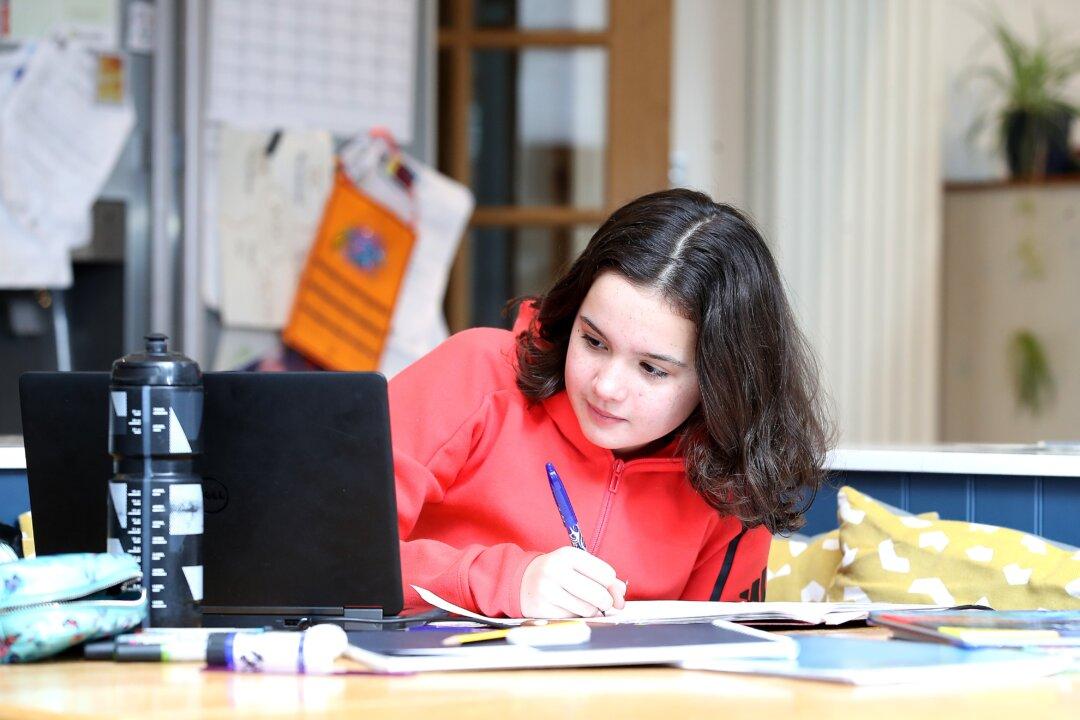“Summertime, and the livin’ is easy:” that line from George Gershwin’s opera “Porky and Bess” might serve as the motto for many schoolchildren. No homework for a couple of months, no tests and grades, no racing around in the morning throwing books into a backpack and looking for that lost assignment: the summers of my childhood meant freedom from everything except household chores, and I hope any youngsters reading my words are enjoying similar liberties.
Parents, however, might consider a different approach to summer and schooling.






